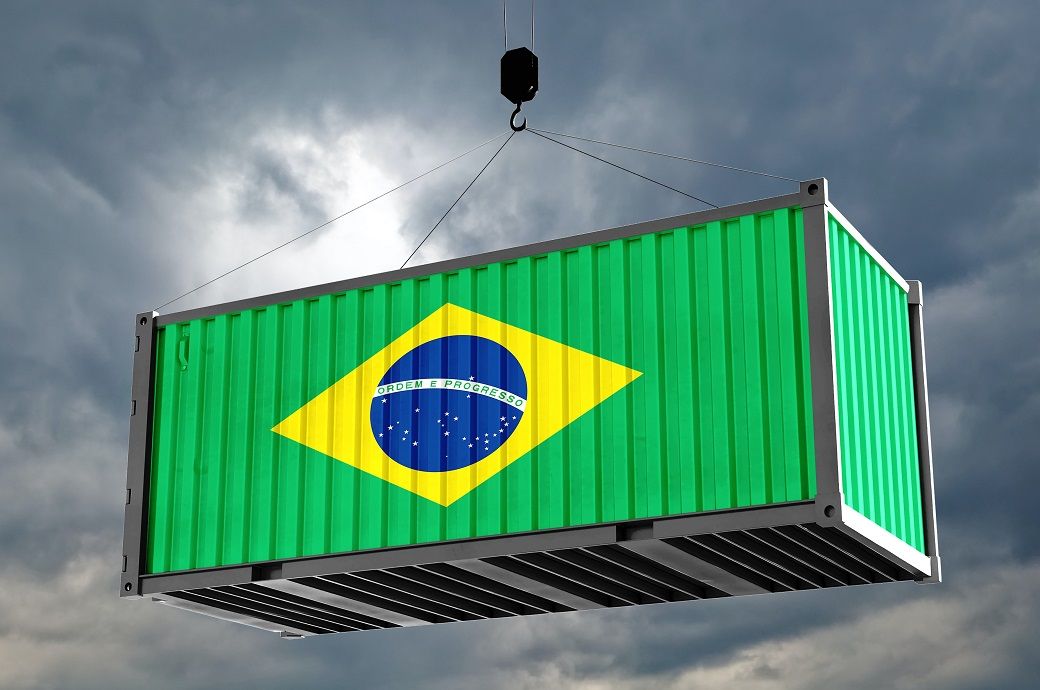
The Section 301 investigation was launched into Brazil’s “attacks on American social media companies as well as other unfair trading practices that harm American companies, workers, farmers, and technology innovators,” said USTR Jamieson Greer.
“USTR has detailed Brazil’s unfair trade practices that restrict the ability of US exporters to access its market for decades in the annual National Trade Estimate (NTE) Report. After consulting with other government agencies, cleared advisers, and Congress, I have determined that Brazil’s tariff and non-tariff barriers merit a thorough investigation, and potentially, responsive action," he was quoted as saying in an official release.
Brazil may undermine the competitiveness of US companies engaged in digital trade and electronic payment services, for example, by retaliating against them for failing to censor political speech or restricting their ability to provide services in the country, the release noted.
Brazil accords lower, preferential tariff rates to the exports of certain globally competitive trade partners, thereby disadvantaging US exports, it noted.
Brazil’s failure to enforce anti-corruption and transparency measures raises concerns in relation to norms relating to fighting bribery and corruption, it said.
Brazil apparently denies adequate and effective protection and enforcement of intellectual property rights, harming American workers whose livelihoods are tied to America’s innovation- and creativity-driven sectors, the release added.
Brazil has walked away from its willingness to provide virtually duty-free treatment for US ethanol, and instead, now applies a substantially higher tariff on US ethanol exports.
ALCHEMPro News Desk (DS)
Receive daily prices and market insights straight to your inbox. Subscribe to AlchemPro Weekly!